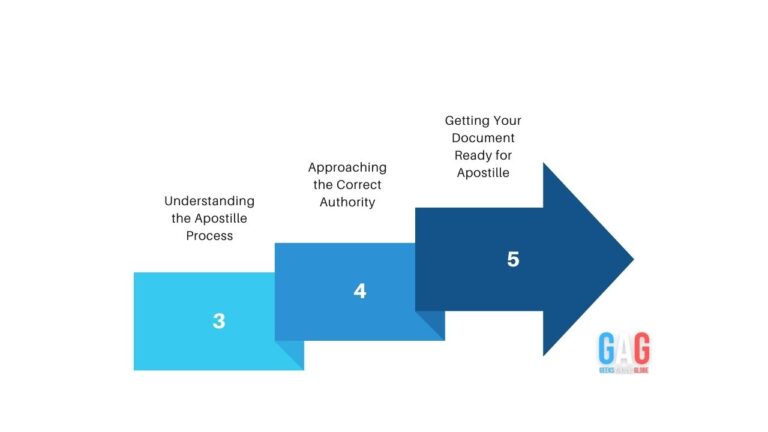Regarding your financial objectives, picking an appropriate Savings Account is crucial. Understanding the options and making an informed decision significantly impact your saving journey. However, choosing one can get slightly overwhelming with different accounts and institutions available.
So, here is a list of key tips to consider when choosing a Savings Account:
- Account types
Most banks offer various Savings Accounts. Each is designed to cater to specific needs. Regular Savings Accounts provide basic banking services, while specialised accounts such as Salary Accounts, Senior Citizen Accounts, and Women’s Accounts offer unique benefits. Assessing your requirements lets you narrow down your existing options. It also helps open a Savings Account quickly and easily.
- Interest rates
Interest rates greatly influence your account’s growth. Savings Account interest rates in India are typically lower than those of Fixed Deposits or other investment options. Compare the interest rates of different banks, as even a slight difference can lead to substantial variations in earnings over time. Choose a reliable bank that offers the highest interest rates on Savings Accounts.
- Minimum balance requirements
Most Savings Accounts mandate a minimum balance. Failing to maintain this balance can result in penalties or reduced interest earnings. Evaluate your financial capacity and opt for an account with a minimum balance requirement that aligns with your savings goals. If you are unsure about this requirement, check the bank’s website or Banking App for further clarity. It is best to stay informed.
- Debit Card and ATM usage
Examine the features of the Debit Card linked to your Savings Account. Check for international usability, cash withdrawal limits, and associated charges. If you frequently travel abroad, consider an account that offers a globally accepted card.
- Facilities and services
Indian banks offer a range of facilities, such as Online Banking, mobile apps, and ATMs. Ensure that your chosen bank provides convenient access to these services, especially if you prefer Online Banking. The availability of branches and ATMs in your area is equally crucial.
- Overdraft facility
Some accounts offer an overdraft facility. They let you withdraw more than your account balance (up to a specific limit). This can be beneficial in emergencies. However, be aware of the interest rates and terms associated with overdraft usage. Check out the Mobile Banking App for more information on the same.
- Additional fees and charges
Beware of hidden charges, such as annual fees, transaction fees, and charges for non-maintenance of minimum balance. Scrutinise potential banks’ fee structure to ensure you are not caught off guard.
- Customer Service and Reputation
The quality of customer service is important. Research the bank’s reputation for promptness, helpfulness, and issue resolution. Reading customer reviews and seeking recommendations can provide valuable insights into a bank’s customer service standards.







